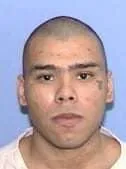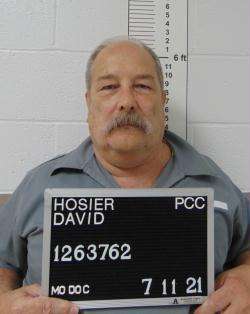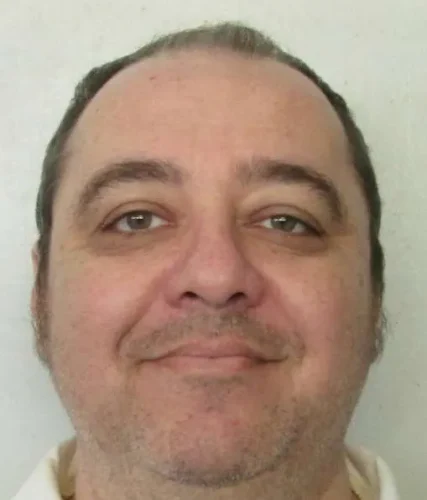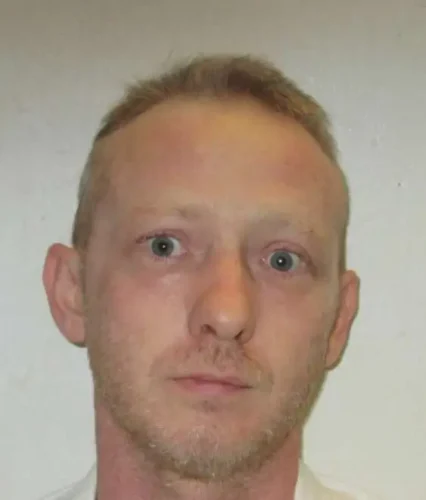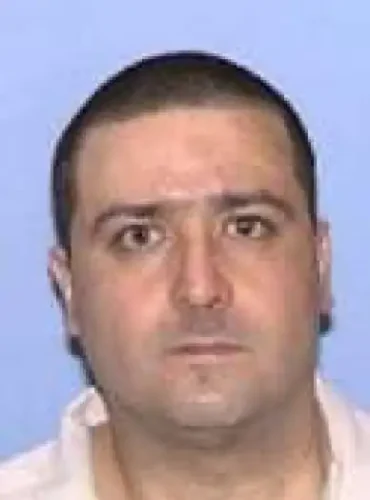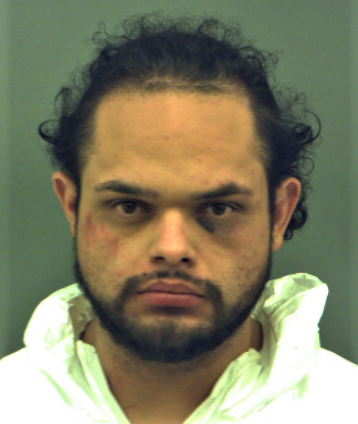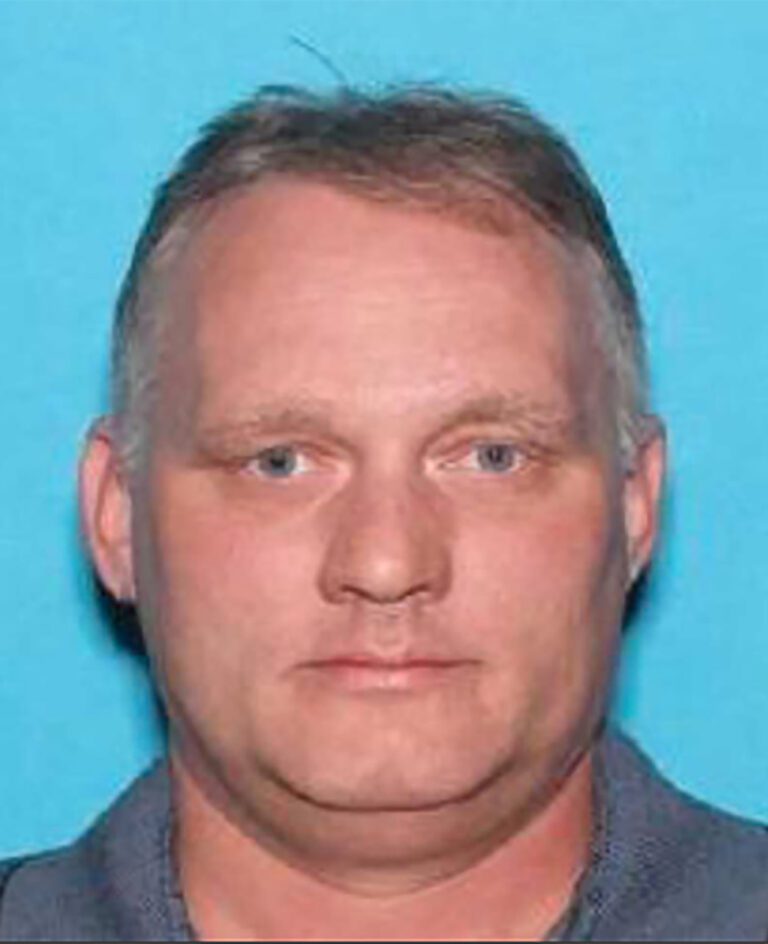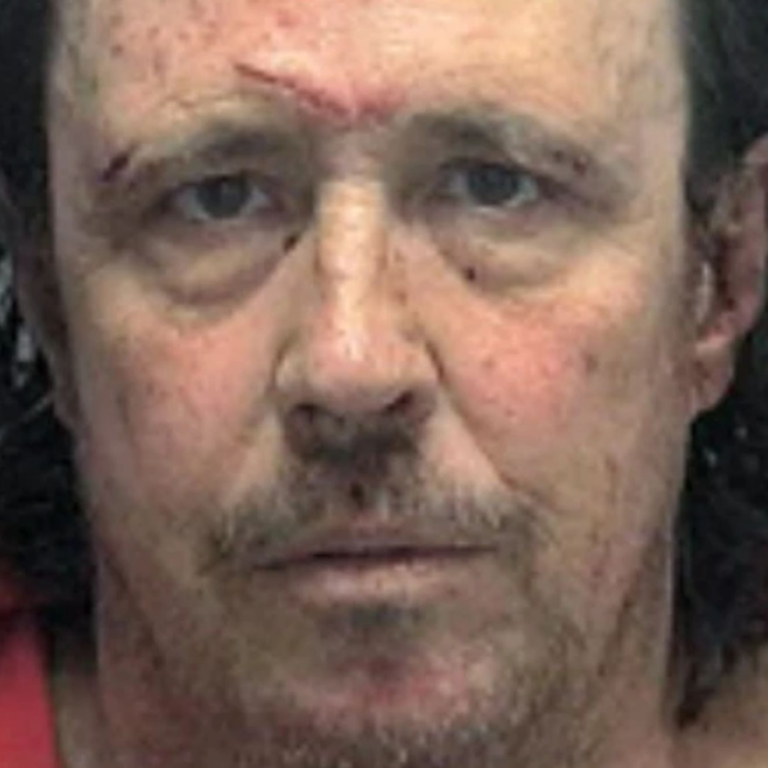Federal Death Row Inmates Feb 24/25
Just created a video covering all of the inmates on Federal Death Row as of February 24 2025. Currently there are only three inmates however the video also covers the ones that Former President Joe Biden commuted to life in prison without parole
